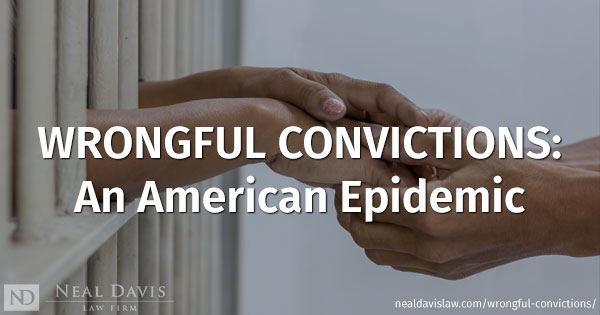
4 Types of Homicide Charges in Houston, Texas
What do the different degrees of homicide mean under Texas law?
Homicide is the most serious offense in the criminal justice system. The nature of such a violent crime is what makes these proceedings so complex. That is why defendants need an experienced homicide defense attorney who knows how to navigate the different types of homicide charges in Texas and their penalties. Even when there is merit to a charge, there might be facts in the case that can get your charges reduced or dropped completely.
In Texas, there are 4 types of criminal homicide. The following is a breakdown of each type and the levels of homicide charges.
1. Murder
Murder is almost always a 1st-degree felony because this charge applies when the defendant allegedly knew that he or she would cause the death of the victim. Murder is also charged when a person engages in a dangerous act that causes the death of another person. In cases where death is caused during the commission of another felony, murder might be the charge instead of manslaughter.
Murder can also be a crime of passion, which qualifies as a 2nd-degree felony. However, the defendant must prove that adequate cause for that sudden passion existed; otherwise the 1st-degree felony charge stands. The penalty, if convicted, is imprisonment from 5 to 99 years, and financial penalties.
2. Capital murder
Homicide becomes capital murder when someone murders a firefighter, police officer on duty, or employee of a penal institution. When more than one person is killed during a criminal act, or when the victim is under 10 years of age, a capital murder charge results. A death that occurs during the commission or attempted commission of kidnapping, robbery, burglary, arson, aggravated sexual assault, retaliation, obstruction or during a terrorist threat is also considered capital murder. If a person pays someone else to commit murder or has been paid, they may be charged with this crime as well.
For a person to be charged with capital murder, it is up to the judge to determine beyond a reasonable doubt that the act qualifies for the charge. If there is doubt, then the charge may be of a lesser homicide charge. When a person is charged with capital murder in Texas, the defendant could be sentenced to life in prison without parole or suffer the death penalty. There are also financial penalties.
Wrongful convictions and exonerations are rising across the U.S. Find out what’s causing this disturbing trend and what can be done to stop it.
3. Manslaughter
Manslaughter is charged as a 2nd-degree felony in Texas. It occurs when the death of someone else is caused by recklessness. There is no premeditation, which is why manslaughter is not to the level of a murder charge.
Involuntary manslaughter occurs when a person accidentally kills another person without any intention to cause them serious harm or death. Provoked rage, desperation or fear at the moment can lead to this crime. Driving under the influence of drugs or alcohol and killing someone in a fatal car crash is an example of involuntary manslaughter. When a person is convicted of this crime, the resulting penalty is up to 20 years in prison, plus financial penalties.
Voluntary manslaughter is an intentional “in the moment” killing of passion that lacks premeditation. Provoked rage or anger can result in voluntary manslaughter, but provocation must be proven. The resulting penalty is up to 20 years in prison and financial penalties, if convicted.
4. Criminally negligent homicide
Criminally negligent homicide occurs when criminal negligence results in someone else’s death. Accidental shootings, being responsible for an accident and not immediately calling for help, causing an accident due to reckless driving that results in someone’s death, and other such acts that aren’t premeditated are considered criminal negligence.
The main focus of the prosecution in criminally negligent homicide cases is whether or not the defendant knew about the risks when they did what they did to cause the death of another person. There’s also a strong focus on what they should have known regarding the risks. It’s possible for the defendant to prove he or she wasn’t aware of the risks before the death occurred. This can reduce the charge and lessen the penalties.
Are you or a loved one facing a homicide charge in Texas?
If you or a loved one is facing a homicide charge in Texas, it’s important to work with an experienced criminal defense lawyer who can effectively fight for the best outcome in your case. Without a proper defense, the maximum penalties could be handed down when the facts might not warrant them. You deserve a proper defense and a fair conclusion in your case.
Houston residents facing homicide charges should contact the Neal Davis Law Firm. Our experienced and trustworthy lawyers will fight for your rights. Contact us today to schedule an appointment.
Texas court process for criminal charges
Understand how Texas criminal cases proceed and what to expect throughout the judicial process.


